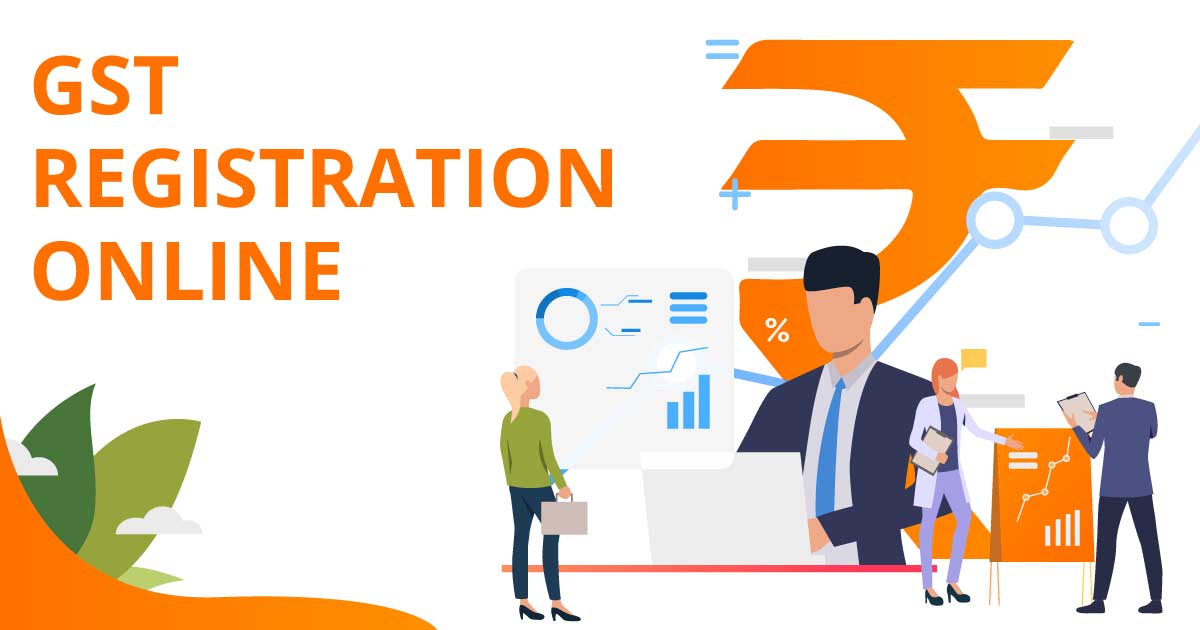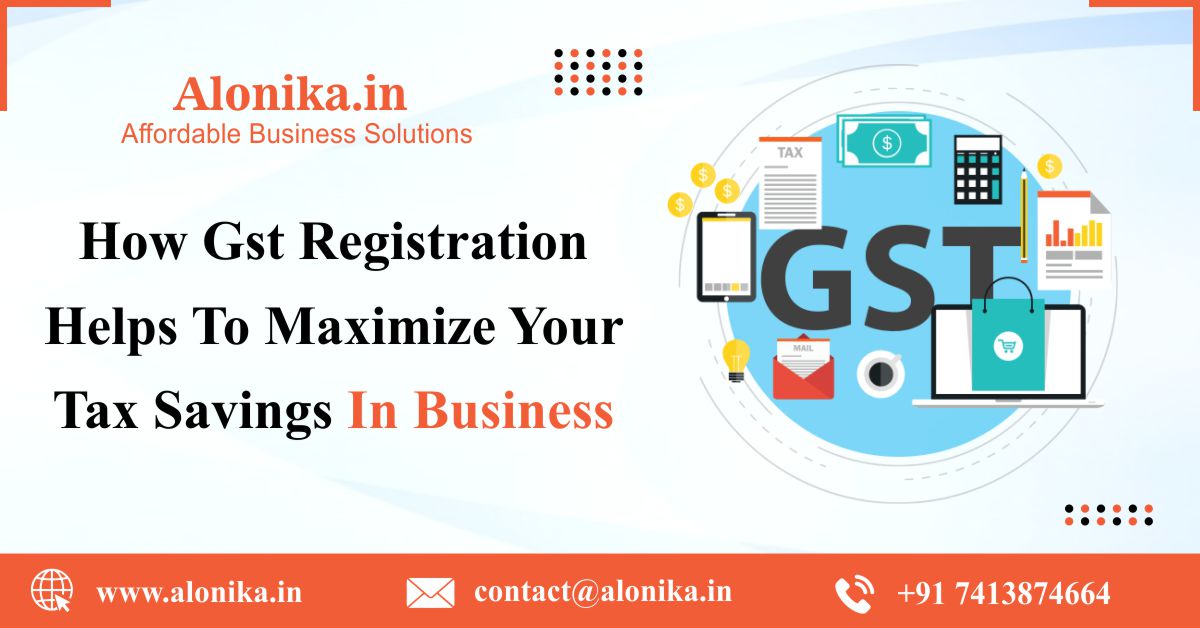Singapore GST Registration: What You Required to Know Prior To Applying
Singapore GST Registration: What You Required to Know Prior To Applying
Blog Article
Browsing the Intricacies of GST Registration: Expert Tips and Ideal Practices for Smoother Compliance
Navigating the elaborate landscape of Item and Solutions Tax Obligation (GST) enrollment demands a keen understanding of the advancing regulatory framework and careful focus to detail. As services make every effort to ensure compliance and stay clear of pitfalls, professional guidance and best methods can work as important compass factors in this facility surface. From understanding registration needs to utilizing technological tools for streamlined processes, the journey in the direction of smoother GST conformity is complex and nuanced. Keep tuned to reveal essential techniques and insights that can help companies steer with the complexities of GST registration with finesse and confidence.
Understanding GST Enrollment Demands

Along with turn over thresholds, companies taking part in interstate sales or supplying taxable solutions might also be called for to register for GST, even if their turn over is below the suggested limitation (Singapore GST Registration). Understanding these limits and demands is vital to prevent penalties and make certain smooth procedures within the legal framework
Furthermore, businesses should collect and prepare the needed documentation, such as evidence of identity, address, service incorporation, and checking account details, prior to initiating the GST enrollment process. Falling short to offer precise information or fulfill the enrollment due dates can lead to penalties or various other legal repercussions. Therefore, organizations must remain informed regarding the specific GST registration needs applicable to their operations to keep compliance and stay clear of potential problems.
Organizing Crucial Documentation
Services starting the GST registration process need to diligently compile and organize the essential paperwork required for entry. The key records generally required for GST enrollment consist of evidence of business registration or incorporation, identity and address proofs of business proprietors or companions, checking account information, evidence of primary workplace, and authorization types. Ensuring that these records are easily offered and organized can streamline the enrollment process and stop denials or hold-ups.
To properly arrange necessary paperwork, companies ought to create a central system for keeping and categorizing the required documentation (Singapore GST Registration). Making use of digital storage remedies can assist maintain very easy gain access to and guarantee that documents are safely stored. In addition, establishing a checklist of all essential records can act as a practical tool to track what has actually been gathered and what is still required for submission

Leveraging Innovation for Effectiveness
Enhancing functional efficiency via technological assimilation is critical for modern-day businesses browsing the complexities of GST enrollment. One of the essential ways modern technology can help in GST registration is via the use of automated software options.
Furthermore, technology can promote smooth interaction with tax authorities. Online sites and communication check out this site devices make it possible for companies to send records, solve queries, and receive updates in a much more reliable fashion. This not just expedites the registration procedure however additionally aids in maintaining transparent and trustworthy communication next with the appropriate authorities.
Moreover, cloud-based storage space remedies provide a protected system for organizations to store and accessibility their economic information, guaranteeing compliance with GST record-keeping requirements. By streamlining data storage and automating processes, businesses can improve their total efficiency and accuracy in GST enrollment treatments.
Proactive Conformity Tracking

To make certain effective aggressive conformity monitoring, organizations need to establish durable interior controls, conduct periodic audits, and take advantage of automation tools for real-time tracking of GST purchases. Regular training sessions for staff members on GST compliance needs can likewise help in developing a culture of conformity within the organization. In addition, engaging with tax experts or specialists can supply useful understandings and guidance on navigating intricate GST laws.
Engaging With Expert Professionals
Engaging experienced tax obligation specialists can considerably boost a company's understanding and compliance with detailed GST policies. Professional consultants bring a riches of expertise and experience to the table, helping services browse the complexities of GST registration easily. By leveraging their experience, companies can guarantee exact filings, minimize the danger of mistakes, and stay updated with the current regulatory modifications.
When engaging with specialist professionals, my explanation it is necessary to pick professionals with a strong track document in GST conformity (Singapore GST Registration). Look for specialists that have a deep understanding of the pertinent regulations and regulations, as well as experience dealing with companies in your market. Efficient interaction is crucial in this collaboration, so make certain to plainly define your expectations and develop routine touchpoints to go over progression and resolve any issues
Moreover, professional specialists can give beneficial understandings and advice on optimizing your tax strategy, identifying potential cost-saving opportunities, and streamlining your compliance procedures. Overall, buying specialist consultancy services can go a long means in guaranteeing smoother GST conformity and avoiding pricey mistakes.
Conclusion
To conclude, browsing the intricacies of GST registration requires an extensive understanding of the requirements, company of crucial documents, leveraging modern technology for effectiveness, proactive compliance surveillance, and interaction with professional consultants. By adhering to these ideal methods, companies can guarantee smoother conformity with GST laws and stay clear of possible penalties or penalties. It is crucial to stay notified, aggressive, and diligent in handling GST registration to preserve compliance and support financial honesty.
To make sure compliance with tax policies, businesses have to completely recognize the detailed demands for GST registration. Product and Provider Tax Obligation (GST) is a value-added tax levied on a lot of goods and solutions in a country, making it essential for services to register for GST to prevent lawful repercussions.Moreover, businesses should collect and prepare the essential documentation, such as evidence of identification, address, business consolidation, and financial institution account details, before starting the GST enrollment procedure. Companies must remain informed about the particular GST registration demands suitable to their procedures to keep conformity and avoid possible issues.
The crucial papers generally needed for GST registration include evidence of service enrollment or address, identification and incorporation evidence of the business proprietors or companions, bank account details, evidence of major location of company, and permission forms.
Report this page